Simple question: What is your favorite breadboard, and why? I'm looking to upgrade mine, and am curious to see what other people use.
-
4This is a pointless opinion-based popularity poll and need sto be closed. – Olin Lathrop Nov 27 '14 at 14:50
-
1I don't like closing questions but you ask about same thing here: http://electronics.stackexchange.com/questions/57974/good-quality-breadboards – Kamil Nov 27 '14 at 15:28
-
@Kamil that's a different user – John D Jan 19 '18 at 01:29
5 Answers
3M makes a good quality breadboard. The trick is to use wire and components that are clean and the correct size. Too large of a wire will damage the contacts. If you are careful and route wires cleanly breadboard designs can be reasonably reliable. Just don't expect to make RF or high speed circuits. The parasitics from the contact strips are too high.
-
2One thing i would add is to be quite careful of op amp circuits on breadboards. The stray capacitance, high contact inductance and resistance can turn your nice filter into a nice oscillator very fast. I haven't used one of these boards in years but avoid op amps with high bandwidth and filter designs with poles near the given topologies instability region. I have been bitten by this issue in the past several times and its why i no longer use solder-less boards. – Mark Jul 07 '10 at 17:28
Have a look at this Headerboard design...
It's a good looking alternative to the humble breadboard, it looks like the connections would be nice and firm too.
If the link goes dead, it uses turned-pin socket strips on a perfboard which happens to have the same layout as a conventional breadboard.
-
1Link-only answers are discouraged. This post should, at a bare minimum, include a photo of the object. – Transistor May 12 '18 at 09:14
The breadboards can be helpful in designing, but we have actually stopped using breadboards for the most part. Soldered parts give us a much more reliable indication of how a particular configuration is going to perform when we put it on a print. Especially analog sensoring linked with a microcontroller tends to give interference problems.
If your setup is anything more than basics, I would recommend using something soldered on like this: (PCB) Euroboard 160 x 100
- 513
- 1
- 3
- 10
-
This seems like a matter of crappy breadboards, not breadboards in general. There's no reason why they couldn't be made to have a secure connection. – endolith Jun 30 '10 at 21:41
-
2Perhaps you are right, I will never claim to be an expert. But for the limited price of using PCB in a commercial environment, even with duplicate components when making multiple setups, I still prefer it. I work on industrial systems and when we want to test something on the line, I feel secure knowing that everything is soldered on. I suppose for the hobbyist a breadboard is still the right choice in many cases. – Wouter Simons Jul 01 '10 at 06:51
-
-
1I would argue that solderless breadboards are crappy by definition. – Connor Wolf Jan 10 '11 at 11:35
The BusBoard BB400 is small, cheap, portable, modular, has adhesives and is great quality.
I usually keep about 5 of them around.
- 717
- 3
- 5
